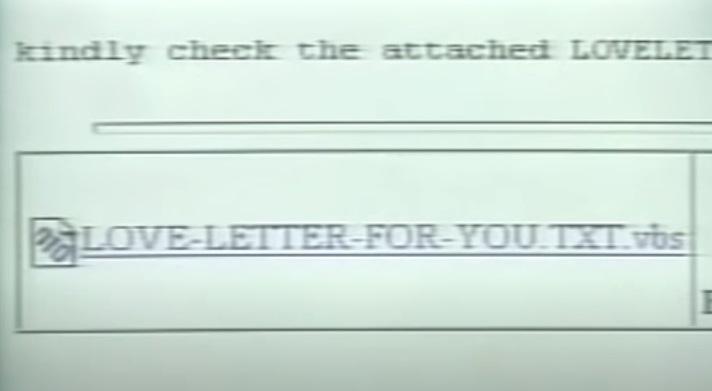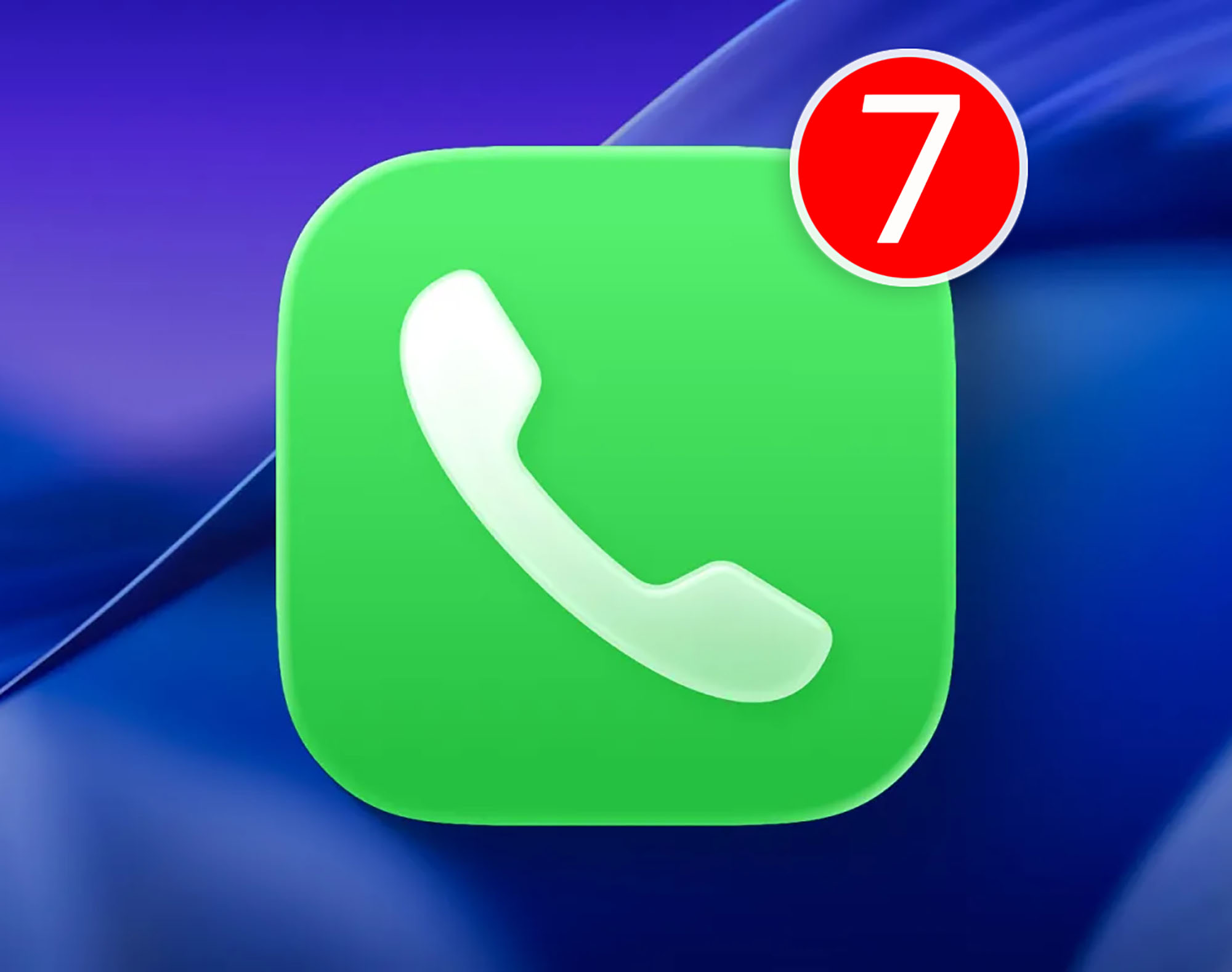One of the most classic and harmful viruses in the history of the Internet celebrates its 22nd birthday this Wednesday (4). On the same date, in 2000 love Bugbetter known I LOVE YOUstarted to wander.
Although quite simple, the way the original message was disseminated and its theme transformed the threat into a global offensive. It is estimated to have hit 45 million machines in ten days, causing up to $10 billion in damage, as it will impact companies and government agency servers.
It all starts with an email with a title “I love you”, sent by someone on your list. Even the body of the message is too formal and too objective for the occasion: “Please check the attached LOVE LETTER”.
Inside is an attachment that is disguised as a TXT text file, but actually contains a file. Visual Basic Script (VBS).
ILOVEYOU had two important consequences: if copied from emails sent by you to all your friends Microsoft Outlook and overwrite all media files on the disc, including images, music, videos and some documents.

Victims included the House of Commons, the UK Parliament, operator AT&T and even the Pentagon; all had to spend time disconnected until the threat was isolated and detected.
Who created the ILOVEYOU virus?
Person in charge of Love Bug Guzman Onel, a young man born in the Philippines. While studying at AMA Computer University, he created very similar software aimed at stealing internet access passwords from other people in the country so he could browse for free. A teacher saw the offer and the boy was unable to complete the course.
He created the new version with minor changes to the code and adopted the theme of love because he thought it would be good fodder because “a lot of people wanted to date, wanted each other and wanted love”.

Onel, who was identified by the FBI in less than a month, was identified and arrested by the authorities in his country. The young man even gave interviews and an official statement, but was not charged or arrested. Reason? The Philippines had no special laws for hacking or cybercrime.
The virus, on the other hand, was quickly brought under control, especially as it was pretty simplified in programming – but helped spread several similar scams with the most varied themes in the following years.
This BBC found the boy in 2020. While working at a cell phone repair shop, he still lived in a neighborhood of the capital, Manila, and disliked the “reputation” he had acquired as the creator of ILOVEYOU.
Source: Tec Mundo











